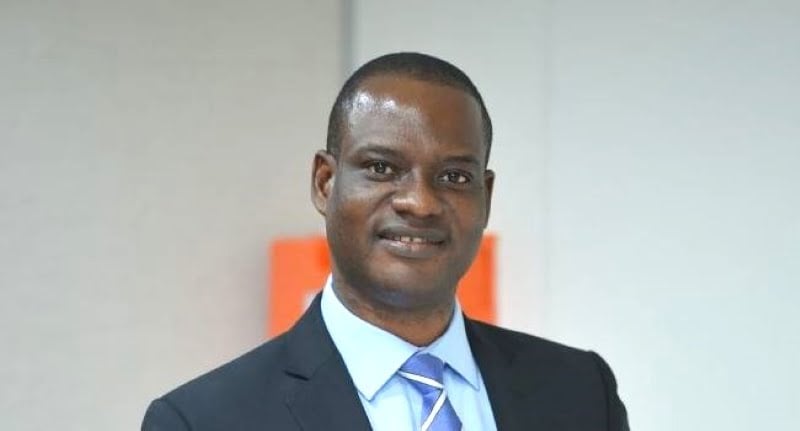Nigeria is exploring stopping its customs, port authority, postal service, and about 60 other ministries, departments, and agencies of government from collecting revenue on behalf of the Federal Government.
The move was revealed in a proposal by the Presidential Committee on Tax Policy and Fiscal Reforms which stated that the listed agencies of government were not meant to collect revenue directly.
The chairman of the committee, Taiwo Oyedele, during an interview on Wednesday, said that Federal Inland Revenue Service (FIRS) was best suited to collect revenue for the government.
Oyedele, a former PriceWaterhouseCoopers (PwC) fiscal policy partner and Africa tax leader, claims that although Nigeria’s tax revenue collection is among the lowest in the world, the expense of collection is considerable.
“Ironically, our cost of collection is one of the highest. And the reason for that is that we’ve got all manners of agencies. The Federal Government alone, we have 63 MDAs that were given revenue targets last year, no; actually in the 2023 budget,” he said.
“And two things that would come up from that: on one hand, these agencies are being distracted from doing their primary function which is to facilitate the economy. Number two, they were not set up to collect revenue, so, they won’t be able to collect revenue efficiently. So, move those revenue-collection functions to the FIRS. It has two advantages: the cost of collection and efficiency will improve, these guys will focus on their work, and the economy will benefit as a result.
“If you are Customs, focus on trade facilitation, border protection and if you are NCC (Nigerian Communications Commission), just regulate telecommunications. You are not set up to collect revenue.
“It can be your revenue and someone else can collect it for you. There will be more transparency because you can see what is being collected and is accounted for properly. It is also a way of holding ourselves to account as to how we spend the money we collect from the people”, he added.
President Bola Tinubu, since his inauguration on May 29, has driven economic reforms like the floating of the currency, the removal of fuel subsidy, and tax reforms to improve the country’s revenue crisis, having inherited a staggering debt burden.


 Sports2 days ago
Sports2 days ago
 Metro2 days ago
Metro2 days ago
 Metro1 day ago
Metro1 day ago
 Culture2 days ago
Culture2 days ago































